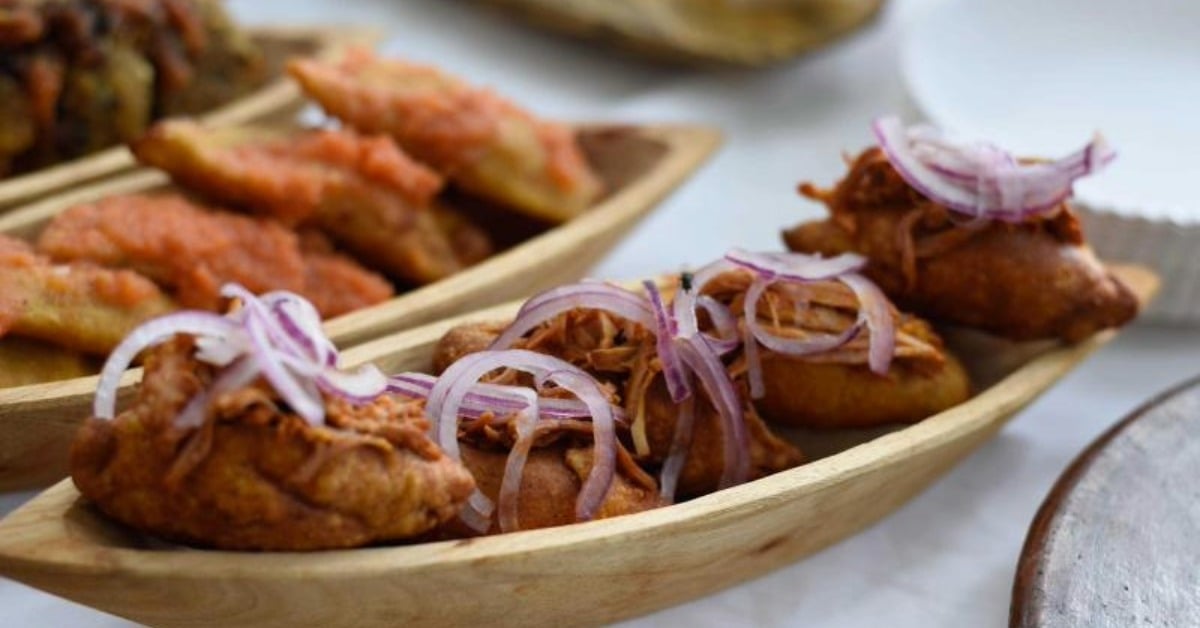Yucatán cements its role as a leader in culinary tourism with the Batalla de Fogones, a tradition-rich cooking competition . . .


Yucatán cements its role as a leader in culinary tourism with the Batalla de Fogones, a tradition-rich cooking competition . . .
